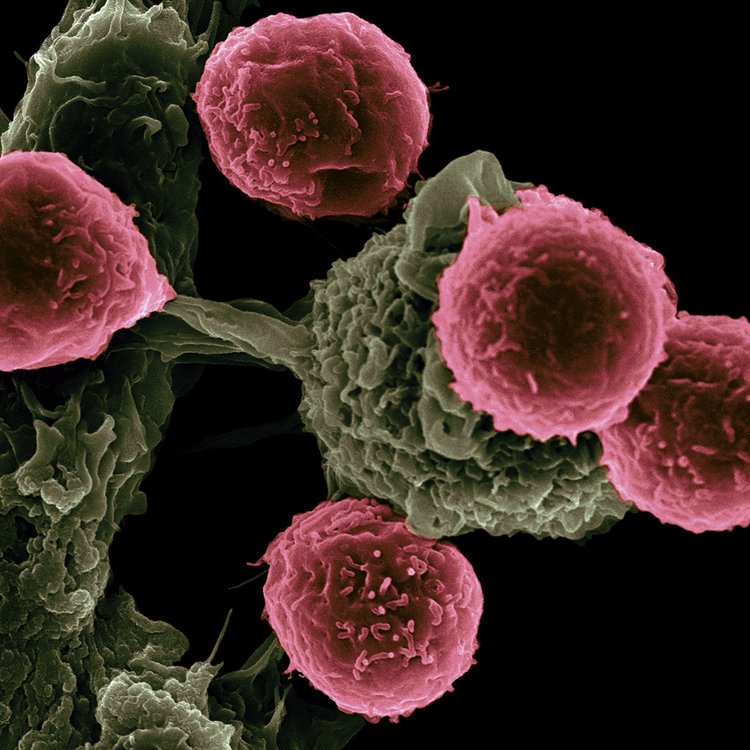Summary
Introduction BTH1677, a 1,3–1,6 beta-glucan immunomodulator, stimulates a coordinated anti-cancer immune response in combination with anti-tumor antibody therapies. This phase II study explored the efficacy, pharmacokinetics (PK), and safety of BTH1677 combined with cetuximab/carboplatin/paclitaxel in untreated stage IIIB/IV non-small cell lung cancer (NSCLC) patients. Methods Patients were randomized 2:1 to the BTH1677 arm (N=60; BTH1677, 4 mg/kg, weekly; cetuximab, initial dose 400 mg/m2 and subsequent doses 250 mg/m2, weekly; carboplatin, 6 mg/mL/min AUC (area-under-the-curve) by Calvert formula, once each 3-week cycle [Q3W]); and paclitaxel, 200 mg/m2, Q3W) or Control arm (N=30; cetuximab/carboplatin/paclitaxel as above). Carboplatin/paclitaxel was discontinued after 4–6 cycles; patients who responded or remained stable received maintenance therapy with BTH1677/cetuximab (BTH1677 arm) or cetuximab (Control arm). Investigator and blinded central radiology reviews were conducted. Efficacy assessments included objective response rate (ORR; primary endpoint), disease control rate, duration of objective response, time-to-progression and overall survival (OS); safety was assessed by adverse events (AEs). Potential biomarker analysis for BTH1677 response was also conducted. Results Compared to control treatment, the addition of BTH1677 numerically increased ORR by both investigator (47.8% vs 23.1%; p=0.0468) and central (36.6% vs 23.1%; p=0.2895) reviews. No other endpoints differed between arms. PK was consistent with previous studies. BTH1677 was well tolerated, with AEs expected of the backbone therapy predominating. Biomarker-positive patients displayed better ORR and OS than negative patients. Conclusions BTH1677 combined with cetuximab/carboplatin/paclitaxel was well tolerated and improved ORR as first-line treatment in patients with advanced NSCLC. Future patient selection by biomarker status may further improve efficacy
ClinicalTrials.gov Identifier: NCT00874848

